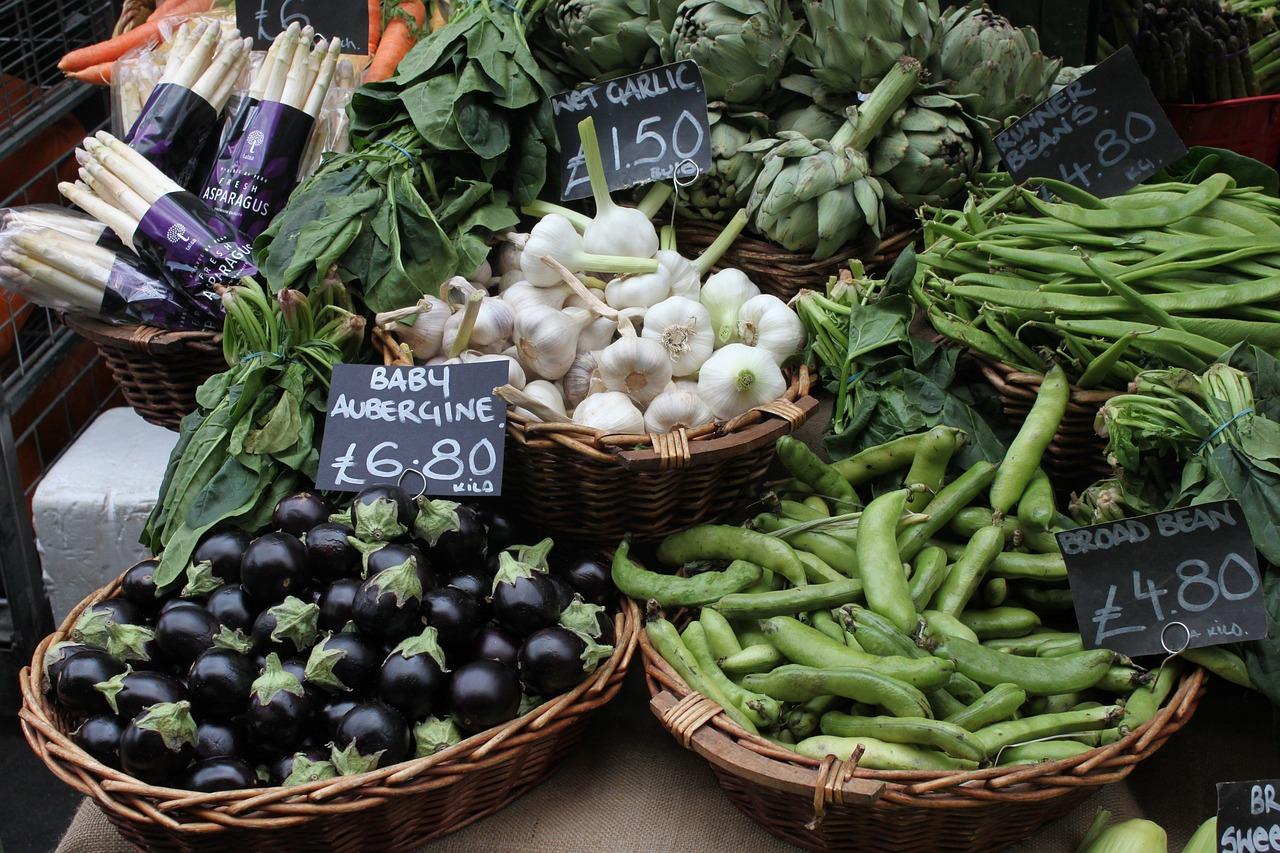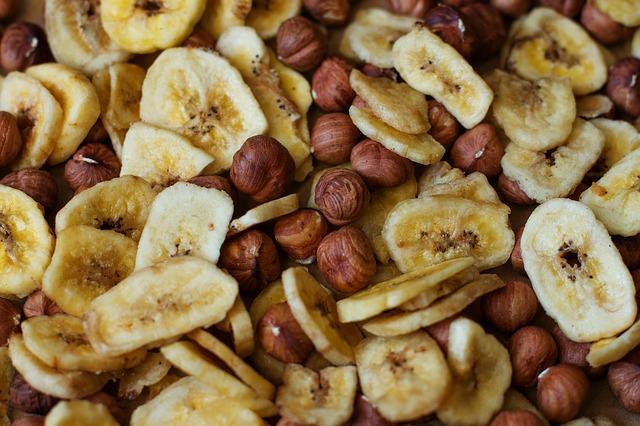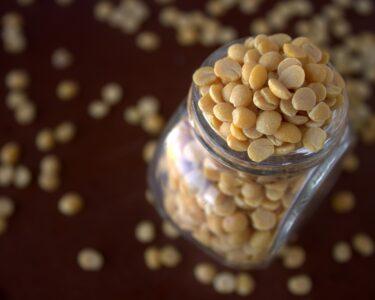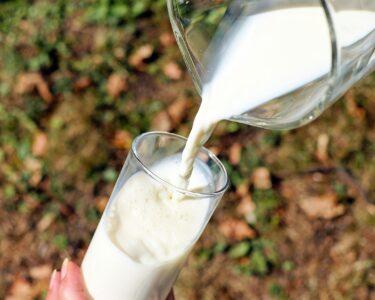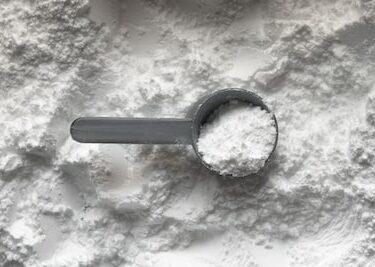One of the emerging non-communicable diseases is CardioVascular diseases (CVD) which are related to the Heart and Blood Vessels. Every 1 in 4 deaths in India is due to CVD. Almost 60% of the Indian Adult Population is suffering from heart diseases. In the past 50 years, Coronary Heart Diseases(CHD) in India have increased to 1% to 15% in the Urban Indian population and 1% to 8% in the rural Indian population.
Unhealthy diet, lack of physical activity, Alcohol consumption, Smoking, Tobacco use, and Obesity are prime risk factors for CVD. Another major risk factor that is directly linked to Cardiovascular Diseases is Elevated levels of homocysteine in the blood. Research shows Increased plasma concentrations of HomoCysteine amino in blood reports signify that the person is at higher risk of getting CVD. Let us understand how elevated Homocysteine levels affect our heart health and the Indian diet plan to control elevated Homocysteine levels in the body.
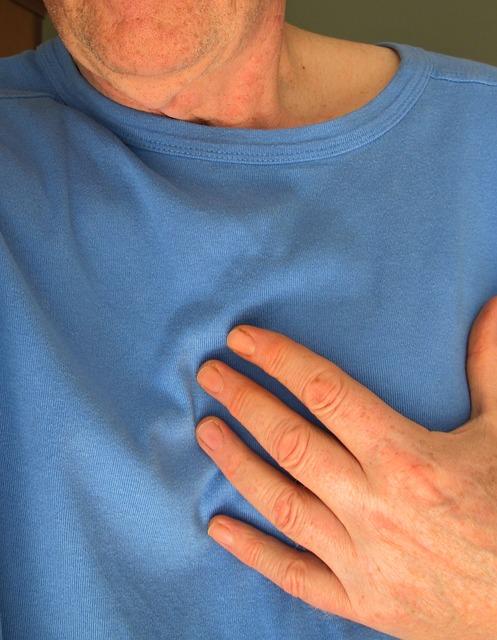
What is Homocysteine?
In the sulfur-containing amino acid( building blocks of proteins) group, there are three amino acids – Methionine, Cysteine, and Cystine. Cysteine and Cystine are non – essential amino acids that our body can synthesize on its own whereas Methionine is an essential amino acid, which is present in dietary protein sources.
Methionine helps in the synthesis of Cysteine. Cysteine can be interconvertible to form Cystine. Homocysteine is an intermediate in the synthesis of cysteine from methionine. Homocysteine is utilized by our body in two ways –
- In Case of methionine deficiency, homo cysteine is re – methylated to form methionine.
- In case of sufficient methionine, homo cysteine is used to produce cysteine.
The above two biochemical processes require a set of enzymes to carry out the process successfully. Nutritional deficiencies and Genetic Variations hamper the production and activation of these enzymes.
Elevation in plasma homocysteine has been implicated in coronary heart diseases.
1. The exact mechanism is still under study, but it is believed that excessive homocysteine levels react with collagen to produce reactive free radicals, besides interfering with collagen cross-links. Free radicals in turn damage endothelial cells of blood vessels, reduce the flexibility of blood vessels, show adverse effects of homeostasis.
PS –
- Collagen provides structure to your arteries, which are the blood vessels that carry blood from your heart to the rest of your body.
- Endothelial cells form a single cell layer that lines all blood vessels and regulates exchange between the bloodstream and the surrounding tissues.
- Homeostasis is the tendency of the body to maintain a constant internal environment irrespective of external changes…for example – Body temperature, water – Mineral Ration, Ph of the body, etc.
2. High Homocysteine is also involved in the aggregation of LDL particles.
So, it is clear that increased homocysteine in blood consequently leads to heart complications.
3. High homocysteine levels in the blood can damage the lining of the arteries and promote blood clot formation. A clot inside a blood vessel is called a thrombus. A thrombus travels in the bloodstream and can get stuck in the Lungs, Brain, and Heart.
- Lungs (Causes Pulmonary Embolism)
- Brain ( Causes Brain Stroke)
- Heart ( Causes Heart Attack)
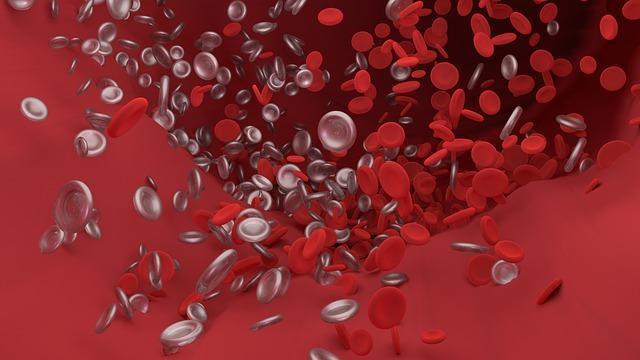
People with high homocysteine levels are at high risk of :
- Strokes.
- Alzheimer’s
- Migraine.
- Age-related macular degeneration.
- Brain Atrophy.
- Congestive heart failure.
Blood Parameters of Homocysteine
- The optimal range is 8 mcmol/L
- The moderate range is 15mcmol/L
- Intermediate range is 30-100mcmol/L
- The severe range is grater than 100mcmol/L
Your physician may order a blood test for homocysteine levels also known as the Cardiac marker test if he finds related symptoms, vitamin B12, and folate deficiency.
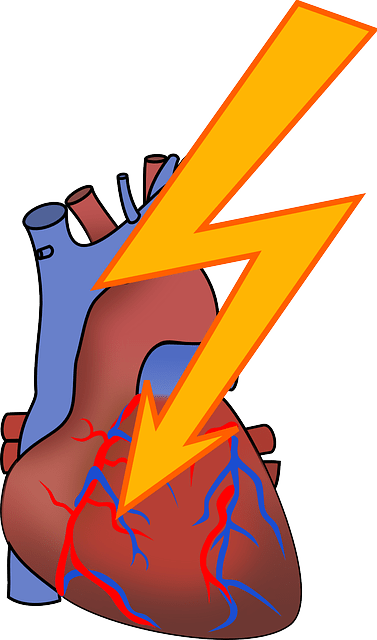
Causes for high Homocysteine levels
Main causes for high homocysteine levels include:
- Vitamin B12 deficiency.
- Vitamin B6 deficiency.
- Folate deficiency.
- Insufficient Betaine and magnesium.
All these four factors are very important for, homocysteine metabolism, their deficiency hampers its utilization by the body and increases its concentration in the blood.
Other posable causes are –
- Certain medications like metformin, niacin, and cholestyramine.
- High – Methionine diet.
- Smoking.
- Alcohol.
- Obesity.
- Aging
- Genetic Variant that causes an impaired ability to metabolize active folate from folic acid.
- Low Thyroid Hormones.
- Kidney Disease.
Symptoms of Elevated Homocysteine levels
- Irregular Heartbeat
- Shortness of breath
- Dizziness
- Numbness and tingling sensation
- Mental Confusion
- Forgetfulness
- Fatigue
- Mouth sores
- Pale skin.
Indian diet plan to reduce elevated homocysteine levels
A healthy diet and lifestyle modification are very important to control the elevated homocysteine levels along with proper medications prescribed by a doctor. A healthy diet must be continued for life long to maintain optimal homocysteine levels to prevent CardioVascular Diseases.
Improving Vitamin B and Folate levels will bring down the elevated levels of homocysteine in the blood.
1. Improve Vitamin B6 levels
Vitamin B6 can be increased by including the following Indian foods in your diet :
- Potatoes.
- Bananas
- Chickpeas.
- Whole grains (Brown Rice, Buckwheat, Millets, Parboiled Rice)
- Oats.
- Beans.
- Pistachios.
- Kabuli Chana, Rajma, Matar, Toovar Dal, and Peanuts.
- Sesame seeds and Sunflower Seeds.
- Eggs.
- Chicken (Boiled/steamed)
2. Improve Vitamin B12 levels
Vitamin B12 can be increased by including the following Indian foods in your diet :
- Eggs.
- Milk.
- Paneer.
- Curd/Dahi.
- Fermented Foods like Idly, Dosa, Dhokla, Fermented rice, Ragi Ambili, Indian Pickles, etc
- Organ Meats ( Liver etc)
- Chicken.
3. Improve Folic Acid
Folic acid can be improved by including the following Indian foods in your diet :
- Green Leafy Vegetables – Spinach, Amaranthus, Ambadi, Methi, etc.
- Sprouts
- Fruits like melons and oranges.
- Flax seeds and Pumpkin Seeds.
- Peanuts and Almonds.
- Legumes.
- Nuts.
- Organ Meat.
- Fortified Cereals.
- Cabbage, Broccoli, Cauliflower.
Dietary and Lifestyle Changes
- Avoid High Methionine diet – red meat.
- Do not overdo with high fat dairy products.
- Avoid all kinds of junk and processed foods.
- Exercise – Exercise – Exercise !!
- Eliminate Smoking and Alcohol.
- Include local and seasonal fresh fruits and vegetables.
- Have proper sleep and Hydration.
- Practice Yoga and Meditation for stress management.

If you are someone struggling with elevated homocysteine levels, consult a qualified nutritionist or dietitian to get a tailor-made Indian diet plan to manage the Homocysteine in the optimum range.
Take Away Message
Homocysteine is an amino acid, which is an intermediate in methionine (another amino acid) metabolism. If the body does not utilize Homocysteine, it starts concentrating in our bloodstream leading to Cardio Vascular Diseases. An unhealthy diet, Poor lifestyle, and aging are some of the main contributing factors for elevated Homocysteine levels. Eat Indian foods to reduce elevated Homocysteine levels and maintain good heart health, proper nervous health, and healthy lungs. If diagnosed with Hyper Homocysteinamia discuss with the doctor for treatment options. Consult a qualified nutritionist to bring healthy dietary and lifestyle changes for a high-quality life.
References ( Retrieved on 20/12/2020)
1. https://www.ncbi.nlm.nih.gov/pmc/articles/PMC4326479/
2. https://pubmed.ncbi.nlm.nih.gov/30114345/
3. https://www.ncbi.nlm.nih.gov/pmc/articles/PMC4386171/
4. https://clinicalnutritionespen.com/article/S1751-4991(07)00036-4/fulltext
5.http://14.139.245.149:8080/jspui/bitstream/1/6649/1/MTHFR%20Gene%20Polymorphism%20North%20Indian.pdf

